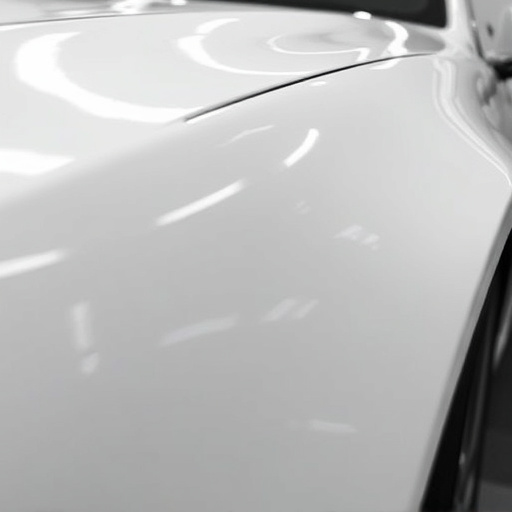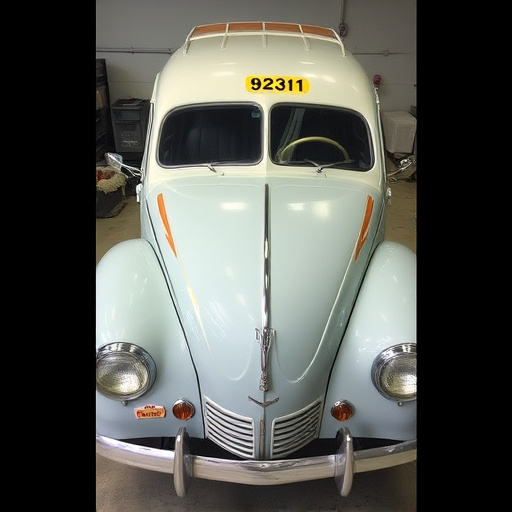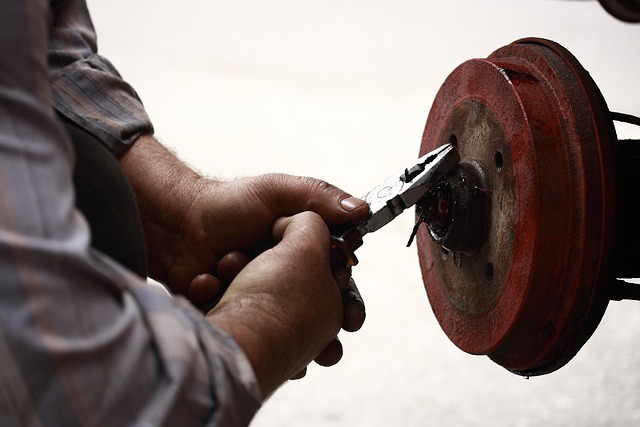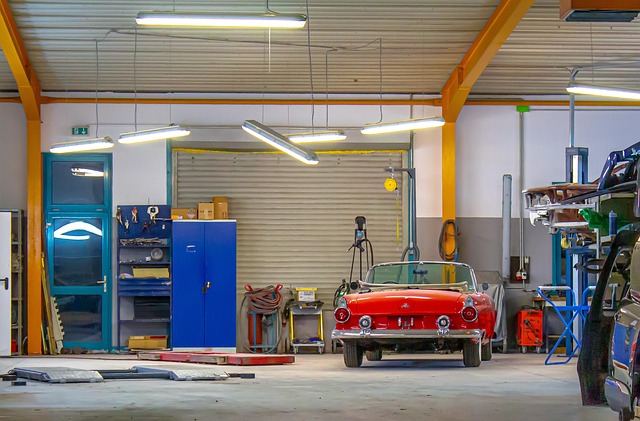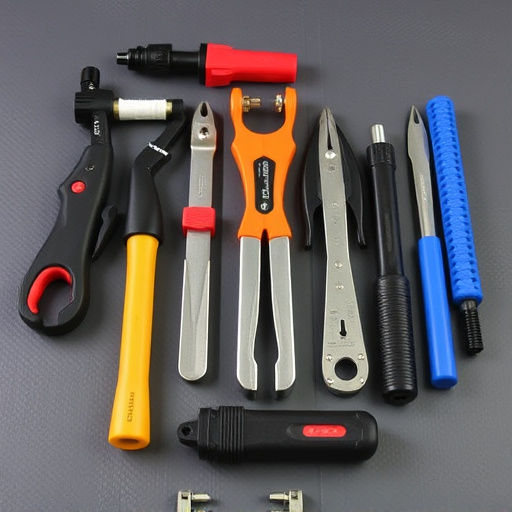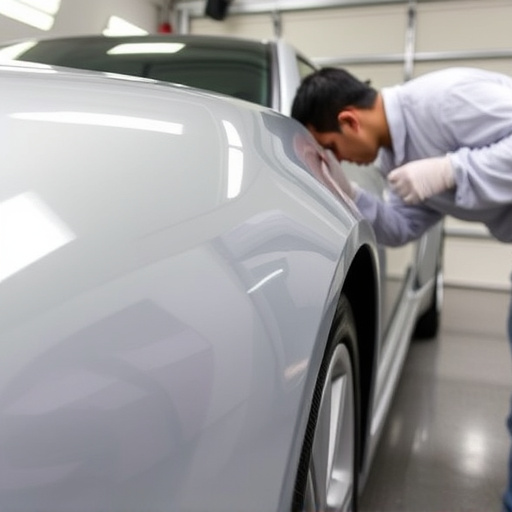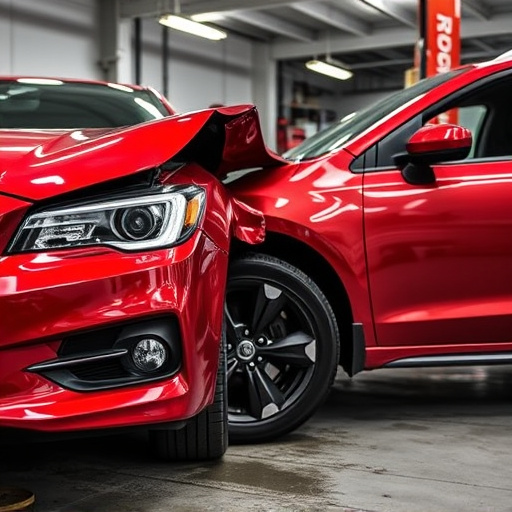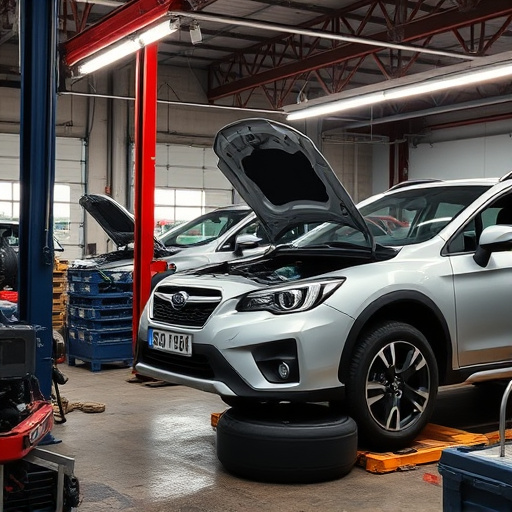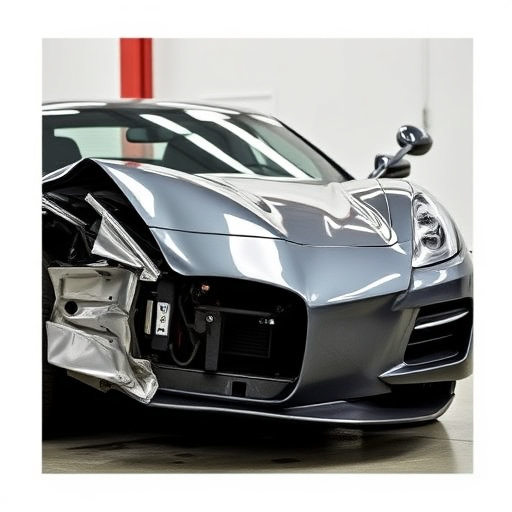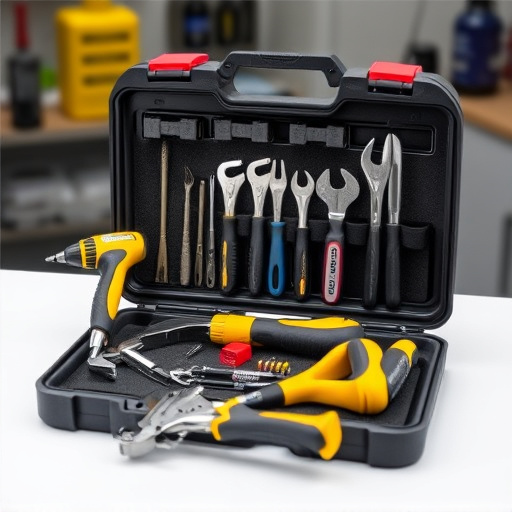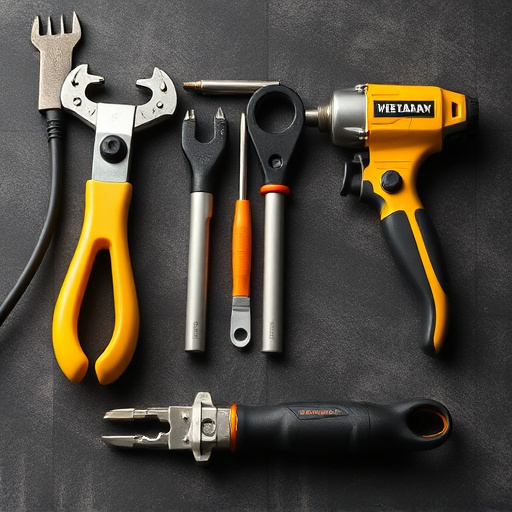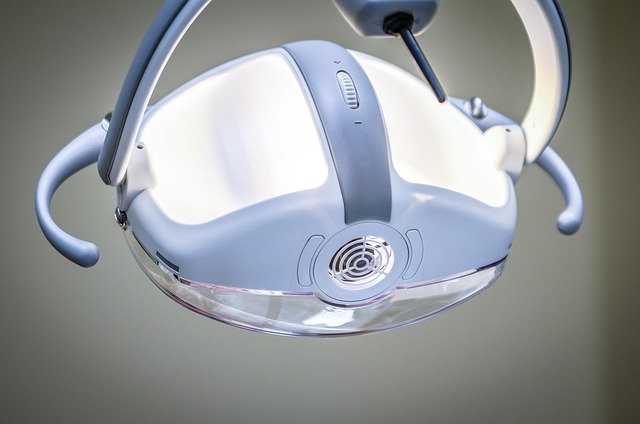The Mercedes MBUX system's advanced features, including voice control and over-the-air updates, make it challenging for third-party shops to replicate. While cost-effective and accessible, these shops must ensure compatibility, performance, and support to avoid potential issues and maintain a seamless driving experience for fleet owners and car repair services considering MBUX replacements.
Can third-party shops offer a viable alternative to Mercedes’ cutting-edge MBUX infotainment system? This article explores the rising trend of aftermarket solutions, examining their unique advantages and potential pitfalls. From enhanced customization options to cost savings, third-party shops present an attractive prospect for those seeking to upgrade or replace their MBUX systems. However, compatibility issues and warranty concerns remain key challenges. Discover the pros and cons as we navigate this evolving landscape, offering insights for owners considering a Mercedes MBUX system replacement.
- Understanding Mercedes MBUX System Features
- Advantages of Third-Party Shop Alternatives
- Potential Challenges and Compatibility Issues
Understanding Mercedes MBUX System Features

The Mercedes MBUX (Mercedes-Benz User Experience) system is an advanced infotainment and assistance suite designed to elevate the driver’s experience behind the wheel. It boasts a range of innovative features, from voice control with natural language processing to context-aware suggestions and over-the-air updates. This sophisticated system seamlessly integrates various functions like navigation, media playback, climate control, and vehicle settings into one user-friendly interface. Moreover, MBUX enables connectivity options such as smartphone integration, Apple CarPlay, and Android Auto, ensuring drivers stay connected and entertained.
For fleet owners or businesses relying on car body repair and collision repair services, the question arises whether third-party shops can match or replace these MBUX system capabilities. While third-party solutions may offer alternatives for certain functions, replicating the depth of integration and intelligence within the Mercedes MBUX ecosystem poses a significant challenge. Replacing this system could be complex, especially considering the continuous updates and advancements made by Mercedes, making it crucial to evaluate compatibility, performance, and support before considering any replacements for fleet repair services or car body repairs.
Advantages of Third-Party Shop Alternatives

Third-party shops offering Mercedes MBUX system replacements have gained popularity for several compelling reasons. One significant advantage is cost-effectiveness; these shops often provide more affordable solutions compared to official dealerships, making high-tech car features accessible to a broader range of vehicle owners. This accessibility is particularly beneficial for those looking to enhance or replace their Mercedes MBUX systems without breaking the bank.
Moreover, independent third-party providers can offer specialized services tailored to specific models and makes. They often have experienced technicians who are adept at handling complex car electronics repairs and installations, including bodywork services and collision repair. These experts can ensure that your vehicle’s new system integrates seamlessly with its existing components, providing a reliable and seamless upgrade experience.
Potential Challenges and Compatibility Issues

While the idea of third-party shops offering Mercedes MBUX system replacement services might seem appealing, several potential challenges and compatibility issues need to be considered. One major hurdle is ensuring that these alternative shops can accurately replicate the advanced functionality and seamless integration of the original Mercedes MBUX system. The MBUX, standing for Mercedes-Benz User Experience, is an intricate part of modern Mercedes vehicles, controlling various functions from infotainment to driver assistance. Replacing it requires specialized knowledge and equipment not commonly found in typical collision repair shops or car repair shops.
Additionally, compatibility with the vehicle’s existing hardware and software ecosystem poses a significant hurdle. The MBUX system is meticulously designed to work in harmony with other components of the Mercedes vehicle. Installing a third-party replacement could lead to unpredictable interactions and malfunctions, impacting the overall driving experience and potentially voiding warranties. This is especially concerning for vehicle restoration projects where accuracy and authenticity are paramount. As such, while the market for MBUX system replacements may grow, it’s crucial that shops offering these services maintain high standards to avoid creating more issues than they solve.
While third-party shops offer compelling alternatives to the Mercedes MBUX system, they also face significant challenges in terms of compatibility and user experience. While these shops may provide cost-effective solutions, ensuring seamless integration with existing vehicle systems and maintaining the same level of functionality as the original MBUX is crucial for satisfied customers. As the market for automotive technology continues to evolve, finding the right balance between innovation and compatibility will be key in determining whether third-party replacements can truly replace the Mercedes MBUX system.
